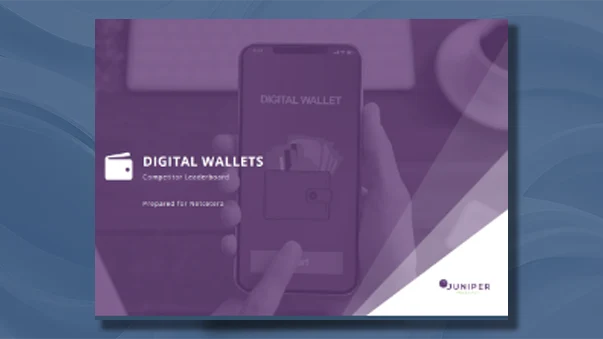E-wallets, also known as digital wallets or cyberwallets, are becoming an increasingly popular method of payment for both physical and CNP (card not present) purchases worldwide. With e-commerce and m-commerce booming e-wallets offer a convenient, fast and secure way to pay for purchases, and leverage Value Added Services like loyalty, gift cards or storing of transportation tickets, all in one platform. The European market has been cautious adopting this option in comparison to the Asian and US markets, but users are steadily on the rise. Here we will explain the unique benefits of enabling e-wallet function and examples of how it has helped European businesses/clients.
What is an e-wallet?
A digital wallet is a software application or online service that allows users to make digital payments, store money and conduct financial transactions online or via mobile devices. It works similarly to a physical wallet. Digital wallets are essentially data containers, storing the necessary information to make purchases and identify the user. They can be used to support both desktop use cases and, of course, in mobile only use cases.
Advantages of digital wallets
Wallets keep bank details private, therefore offering a high level of convenience for shoppers. However, these advantages also apply for merchants and PSPs since conversion increases due to simplified purchases and there is a reduced rate of fraud due to high security authentication and easy refunds.
Wallets offer an easy way for shoppers to identify themselves during transactions, using biometric methods such as fingerprint or Face ID, or by password on mobile and via QR code on desktop.
E-wallets and data security
However, fraud is also a concern, and especially under the European PSD2 regulations, stringent security measures are integrated in the best wallet products, such as data encryption, transaction risk analysis and Strong Customer Authentication. As a 3D-Secure expert, Netcetera can point to some examples of where it has offered both easy user authentication and high security. For PSA, an Austrian bank conglomerate, we adapted our ToPay Mobile Wallet to offer PSD2-compliant SCA and for AirPlus, an international travel expenses management system, we customised a wallet app to track all transactions, approve purchases with one tap and provide an offline payment option through an OTP.
Compared with regions such as Asia and North America, use of e-wallets is still modest in Europe, however it is taking off in recent years, with the market for e-wallet solutions growing by 37.1% in 2020.¹ An increased preference for online shopping, mobile-first purchasing and contactless payment means that potential for wallet solutions is ever growing in Europe. We see the future for e-wallets as sparkling bright in the region.
More stories on this topic
On this topic
